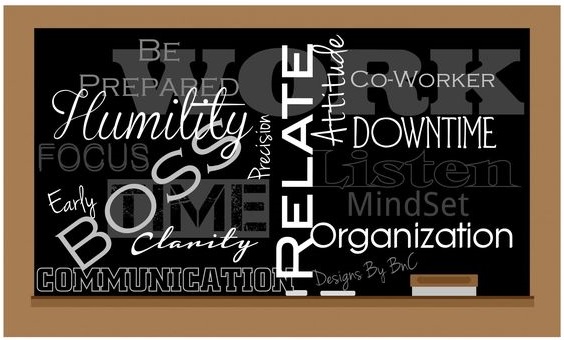Last year when I started my internship, it was the first time ever that I was involved in what we could call “ a real working environment”. This meant that I was given responsibilities that normally a staff member would be given.
I thought I would be fine, managing teams, doing some admin jobs and one or another meeting didn’t sound as bad to me. But as the weeks went by, I realised I actually was in trouble.
The problem was not the internship, it was not the task or the people I was working with, the problem was that even though I would have rather deny it, I was a workaholic.
Workaholic: in simple words, addicted to work, unable to stop working, or a person who compulsively works hard and long hours.

“I am just a Hard worker”
This was the main excuse I would use to convince myself and others that I was fine. I grew up watching my parents work at least 12 hours every day, at school, I would be that one kid that brought home the perfect report card and would demand more and more of herself. At first, it was one of my parents the one who said that I should do excellent in school, but with time this actually became an obsession to gain approval.
What I did not realise though was the difference between being a hard worker and a workaholic. According to Psychology today the main difference is that Hard working people are emotionally present, they do not let their jobs consume them and they look to manage their time with enough wisdom to leave energy and space for their family, friends, and personal life.
On the other hand, workaholics are not emotionally present, they are consumed by what they do, so much that sooner or later their personality is affected and their family , friends and relationships go on to be their last priority or no priority at all. As you can imagine, this leads to break ups and problems in relationships, but at the same time leads the worker to let their own being, drop to the bottom of the priority list.
Busy vs Productive
In my attempt to try to understand what was happening in my life, I decided to share with my coaching group the lack of rest that I was having.
First thing that the coach asked me was “What is your definition of success?”
I honestly thought that success meant that you had something to do all the time, since people I considered successful looked like they were working all the time,but I didn’t want to say it. So I replied “ Success is to have a task done”
He looked at me severely and replied “ So you don’t define success as being busy? a lot of people do, because this causes them to feel important and people recognise that they are doing stuff. Some people could easily take on more and more tasks because they think that this will help them earn the approval of their boss or company”
Fine, I got it! a redefinition of success was desperately needed.
He went on to explain the difference between Business and productivity.
As much as you can think that being busy means that you are being productive with your time, these words are not the same.
You could be easily be doing different tasks to maintain yourself busy and occupy your time, but these tasks don’t really help at all when it comes to the job itself or simply should be at the bottom of the priority list.
On the other hand, you could be doing the job that is required of you and prioritise it so that you reach productivity.
This first case of “Business” goes hand in hand with procrastination.
Back to balance
When it comes to going back to balance after you have entered the world of workaholism, make sure you don’t do it alone. Talk to people you trust, or depending on the case, seek professional help.
Just like any other addiction, workaholism is full of habits that one by one need to be adjusted back to a healthy place.
1. Building fences
If you think about it, fences are built so that you can protect your property, by defining its limits and deciding what stays in and what stays out.
Building fences around your weekends, family time, and resting time, allows you to disconnect from your work and focus on building and watering your personal life. Remember that you can change jobs at any time, but family, health and relationships are life foundations.
2. What happens in the office, stays in the office.
Don’t take your work home, if your normal laptop is the same you use for your personal life, maybe create yourself a different e-mail account or computer user that is separate from work.
Make the most our of your working hours, by placing goals on each day so you can get much more done and help your head get some resting space after you are done with your shift.
When it comes to co-workers hang outs, make sure you have fun and not spend the rest of the evening talking about what still needs to be done or what is coming up in the office life. If you are able, lead these conversations to another topic, so then they don’t feel compelled either to talk about what they are working on.
3. Turn those notifications off.
Whether on your phone, tablet or computer, make sure notifications are off once you get out of the office , log out of your email and decide not to check it until you get to work the day after.
The good thing about communication, is that it is a two way street, therefore you can choose when to get back to the person always depending on the situation.
Have you ever found yourself in this position? What helped you?


Arbaaz thahir
#Thanks for a great article!